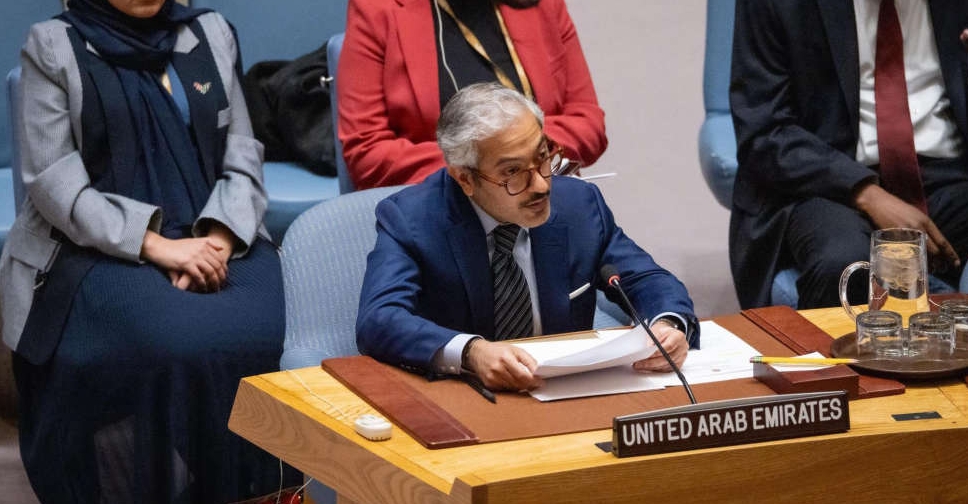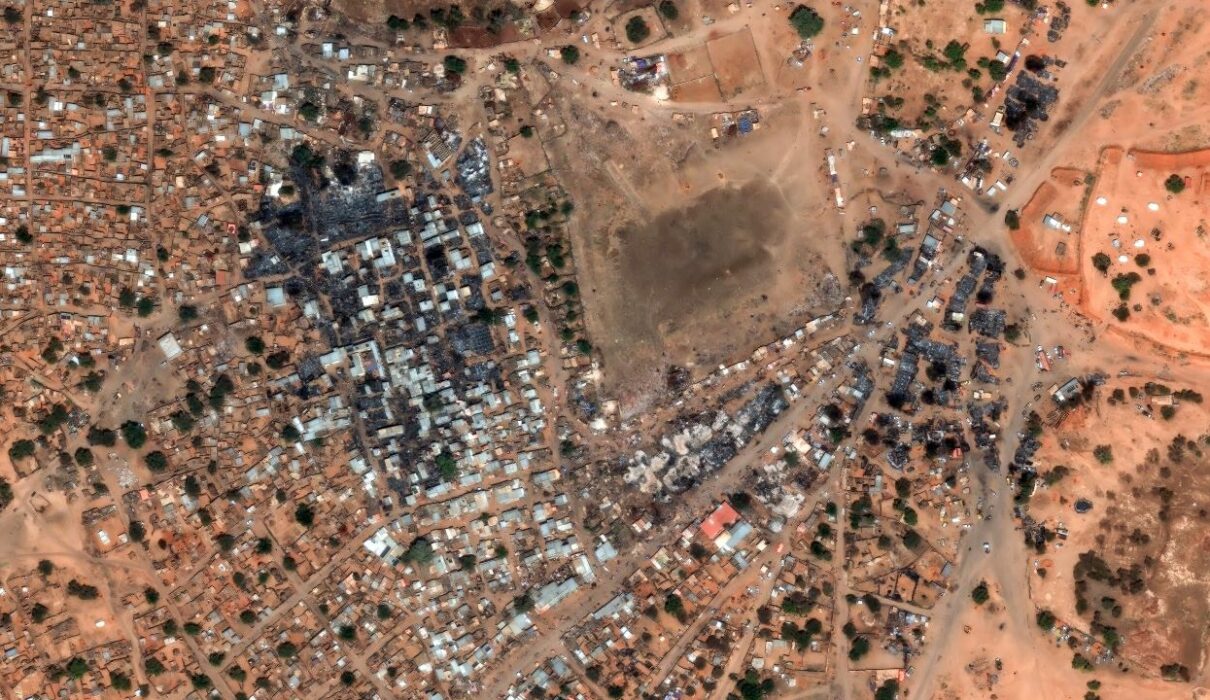A leaked United Nations experts’ report has cast a glaring spotlight on the United Arab Emirates’ (UAE) alleged involvement in Sudan’s brutal civil war, particularly its suspected support for the Rapid Support Forces (RSF), a paramilitary group accused of mass atrocities. The confidential report, obtained and published by The Guardian, raises serious concerns over the UAE’s suspected violation of the UN arms embargo and its broader geopolitical entanglement in the Horn of Africa.
Suspicious Flight Operations: A Pattern Emerges
At the heart of the report lies a pattern of clandestine air operations involving Ilyushin Il-76TD cargo planes traced from UAE airports to Chad—a country that borders western Sudan and serves as a potential logistical corridor for RSF supply lines. According to the UN experts, these aircraft exhibited behavior consistent with covert operations, including switching off transponders mid-flight, failing to register cargo manifests, and using obscure airstrips with little to no oversight.
Though the report stops short of confirming the precise contents of these cargo deliveries, the expert panel suggests that these shipments “may have included military equipment or other forms of lethal aid” given their timing and correlation with increased RSF operations in Darfur and other contested areas. The aircraft’s movements align with key offensives launched by the RSF, reinforcing suspicions that these flights are part of a broader supply network allegedly supported by the UAE.
Sudan’s Accusations: Calls for Sanctions and International Action
The Sudanese government has not remained silent. It has publicly accused the UAE of enabling the RSF with weapons, ammunition, and intelligence, directly implicating Abu Dhabi in what it calls a “genocidal war” being waged on civilians in Darfur, Khartoum, and other regions. In recent months, the SAF has presented alleged evidence, including intercepted communications, satellite imagery, and testimonies from defected RSF members, claiming they received Emirati weapons routed through Chad and Libya.
On the diplomatic front, Sudan has escalated the matter to international legal forums. It has formally filed a case with the International Court of Justice (ICJ), accusing the UAE of aiding and abetting genocide and ethnic cleansing. Sudanese officials have also urged the UN Security Council to impose targeted sanctions against Emirati officials and companies allegedly involved in the arms pipeline to the RSF.
UAE’s Response: Denials and Diversions
The UAE has categorically denied all allegations. In official statements, Emirati diplomats have condemned the violence in Sudan and maintained that the UAE “does not take sides” in the conflict. Abu Dhabi has repeatedly emphasized its humanitarian aid contributions to Sudanese refugees, particularly those who have fled to Chad, Egypt, and South Sudan.

However, critics argue that these humanitarian efforts are being used as a smokescreen to deflect international attention from its military involvement. The UN report itself hints at this duality—acknowledging that while the UAE has provided humanitarian supplies, the nature and frequency of its military cargo flights raises “grave concerns” about dual-use logistics and weaponization of aid channels.
A Wider Geopolitical Game
Analysts see the UAE’s alleged role in Sudan as part of a broader regional strategy to maintain influence in the Red Sea corridor and the Sahel. The civil war in Sudan, which erupted in April 2023 between the SAF and RSF, has become a proxy battlefield involving not just regional powers, but also global actors including the UAE. Control over natural resources, trade routes, are all at stake.
The RSF, originally formed from the Janjaweed militias responsible for atrocities in Darfur in the early 2000s, has been implicated in systematic war crimes, including mass killings, ethnically targeted violence, and the use of starvation as a weapon. If the UN report’s suspicions are confirmed, the UAE could face serious legal and diplomatic repercussions, including violations of the UN arms embargo imposed on Darfur under Resolution 1556 (2004) and subsequent measures extended to the whole of Sudan.
Humanitarian and Legal Implications
This development also raises questions about the accountability of states supplying weapons or logistical support to non-state actors engaged in war crimes. Under international humanitarian law, aiding armed groups involved in ethnic cleansing or mass atrocities can render state actors complicit. As the ICJ case proceeds and the UN prepares to debate Sudan’s future, the spotlight is now firmly on the UAE—a key Gulf ally of the West and a regional power broker.
Legal experts warn that if direct evidence of weapons transfers is uncovered, it could trigger secondary sanctions, reduce Western cooperation with the UAE, and damage its international reputation, particularly as it seeks to position itself as a global hub for trade and diplomacy.
Conclusion: A Defining Moment for Accountability in Sudan’s War
The leaked UN report adds a powerful new layer to growing calls for international accountability in Sudan’s devastating war. While the document does not yet offer a “smoking gun,” its detailed tracking of suspicious cargo flights and the context of the RSF’s rapid militarization paint a troubling picture.
As millions of Sudanese civilians face famine, displacement, and indiscriminate violence, the world is now confronted with an urgent question: will the international community act on this evidence to curb foreign interference and protect the innocent, or will geopolitics once again eclipse justice in Sudan?


